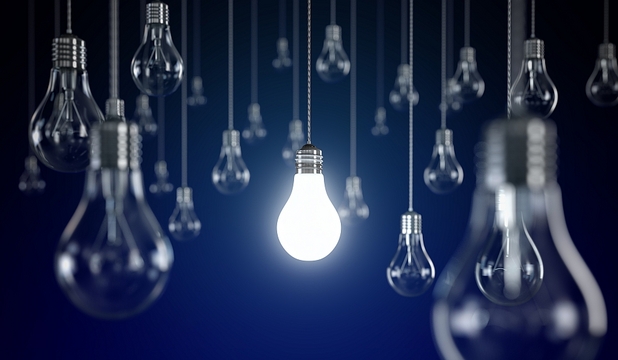This month we bring you some information regarding electrical power supply.
Electricity is provided throughout Jakarta by the State Electricity Company, Perusahaan Listrik Negara (PLN).
Electricity in Indonesia is 220 Volt AC, 50-cycle power. If you are bringing any 110 Volt electrical appliances from overseas you will need to use a transformer.
Electrical outlets have two round holes similar to those in continental Europe. In order to use appliances from overseas you may need a plug converter. Local stores sell such converters.
The voltage is sometimes unstable so it is advisable to use a voltage stabilizer for your computer or other sensitive appliances.
Each home is equipped with a kWh meter and a meter card. A PLN employee will record information monthly on this card. Do not remove.
Electricity is charged per kilowatt-hour used. Your electricity bill may arrive by mail; however, if you do not receive your bill you can phone the PLN Call Center 123 to request the amount of payment due. When calling this number have your account or customer number ready. You can also find out the amount of your bill through the PLN website www.pln.co.id under the section “Informasi Rekening”. The bill is due to be paid between the 5th and the 20th of the month.
When you receive your electricity bill check to make sure that the account number stated on the bill is the same as the number on your house’s kWh meter.
Before renting a house it is essential to check the electrical capacity to ensure that you will have sufficient voltage to run all of the electrical appliances you will need, including air conditioners. There should be at least 23,000 VA (Volt Ampere) for a normal household. If there is not enough voltage, this will have to be negotiated with the landlord. Most of the time, it is not too much of a problem to increase it, as long as it’s done before you move in. Higher capacity means that you will pay a higher rate for electrical usage, so be sure the new capacity is adequate for your needs without being excessive.
It may also be necessary to balance the three phases R, S and T, to ensure that overloading does not occur. There may be too many appliances on one circuit, while another circuit has unused capacity.
Grounding/earthing is the most important factor in the electrical system. Ensure that it is measured and is under 5 ohms (based on PUIL – Regulation of Electrical Installation System) in order to avoid future problems for the whole electrical system installed on the property.
Poor workmanship and/or poor quality materials sometimes used in houses in Indonesia, as well as the rigors of the tropical climate can lead to problems with electrical wiring and breakdown of electrical appliances. Check regularly to ensure that electrical outlets are clean and not broken, and that plugs of appliances are not damaged or the cables frayed. Your staff may not understand the dangers involved and may not inform you of such problems.
If you have electrical problems in your home you should call a trained and fully qualified electrician, and it is best to hire someone who has been recommended by other expatriates.
Disruption of electrical service occasionally occurs in Indonesia, particularly when it rains as the tropical storms can cause broken connections, broken cables or debris falling onto the power lines. Usually the reason for a power outage is not obvious and is almost always unannounced. PLN has a 24-hour service line where you can report outages anywhere in Jakarta. Call 123 for a tape-recorded message in Indonesian and press 1 to leave your message. You may need to have a staff member or Indonesian-speaking friend leave the message for you. If you can ever manage to get a PLN staff member on the phone, they are usually not of much assistance and are unable to tell you how much longer the power outage will be. However, it is still suggested that you call PLN as they may not be aware of the problem and could then send someone to the effected area. to investigate the cause.
Provided by: Colliers International







